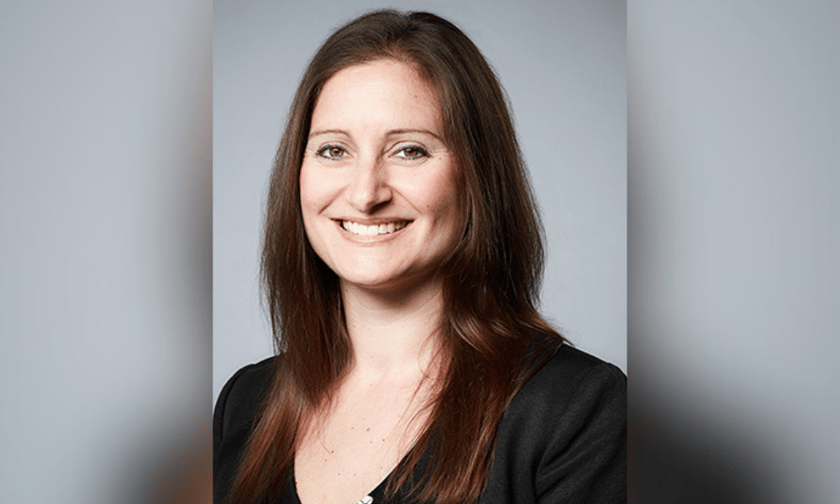

A new research initiative by Gallagher Re, through its Gallagher Research Centre, is bringing together global academic expertise to analyze the growing impact of tropical cyclones on the insurance industry.
The consortium aims to address how shifting cyclone patterns are influencing risks and losses.
Recent activity in the North Atlantic highlights these changes. Late-season hurricanes Helene, Milton, and Kirk demonstrated rapid intensification and significant impact. Helene and Milton intensified to Category 4 and 5 storms, respectively, due in part to warmer sea surface temperatures, which also heightened flooding risks.
Hurricane Kirk transitioned into a post-tropical cyclone (PTC), causing widespread flooding across Western Europe. Gallagher Re emphasizes that such events underline the importance of understanding evolving tropical cyclone dynamics.
Heading into Australia's cyclone season, Gallagher Re noted a higher likelihood of severe storms. The company’s new Global Tropical Cyclone Research Consortium is engaging with academic institutions to explore cyclone trends and their implications for the insurance sector.
The consortium, facilitated by the Gallagher Research Centre, is the first of its kind in the insurance industry, according to the company. It collaborates with partners including Federation University in Australia, Vrije Universiteit Amsterdam in the Netherlands, and Colorado State University (CSU) in the United States.
Federation University is focusing on cyclone risks in the Western Pacific and Australia, particularly flooding impacts relevant to the Australian Reinsurance Cyclone Pool. The research will assess how cyclone activity in the region is evolving and whether historical data aligns with current risks.
Meanwhile, Vrije Universiteit Amsterdam is studying PTCs, such as Storm Kirk, which bring severe weather to Europe after transitioning from tropical origins.
Gallagher Re stated that these collaborations will contribute to a comprehensive understanding of tropical cyclone activity and its effects on the insurance industry.
The research aims to provide insurers with actionable insights, aiding in risk quantification and decision-making across the insurance and reinsurance value chain.
One focus of the consortium’s work is the phenomenon of rapid intensification, defined as a wind speed increase of at least 35 mph within 24 hours. Such events, as seen with Hurricanes Helene and Milton, complicate forecasting and preparedness, potentially leading to greater losses.
Research at CSU, led by Dr Phil Klotzbach and Dr Levi Silvers, is examining how El Niño Southern Oscillation (ENSO) patterns influence rapid intensification, with findings expected in upcoming publications.
In Australia, Federation University is analyzing cyclone-induced flooding, an issue highlighted during Tropical Cyclone Jasper in late 2023. Gallagher Re noted that Jasper caused prolonged rainfall and severe flooding in North Queensland, extending beyond the 48-hour coverage limit of the government-backed Cyclone Pool.
Gallagher Re Australia CEO Heather Bone (pictured above) stated that current risk models do not fully account for the multi-faceted impacts of cyclones, making it challenging for insurers to manage exposure.
“Current available risk models do not fully capture the nuances of tropical cyclone behavior, including the cascading impacts of wind, flooding, and storm surge, which makes it difficult to accurately assess and quantify the risk,” Bone said.
Gallagher Re is also working with Vrije Universiteit Amsterdam to improve modeling for PTCs, which are not fully captured in many current risk frameworks. These storms, which transition from tropical origins, often bring significant rainfall and wind damage, causing aggregate losses across portfolios.
Gallagher Re’s research partnership aims to develop tools to better quantify PTC risks from a reinsurance perspective.
Dr Iain Willis, research director at the Gallagher Research Centre, noted that tropical cyclones have caused $2.17 trillion in economic losses and $710 billion in insured losses since 2000.
“That is why we are bringing together world-leading experts in tropical cyclone risk, starting with our partnerships with Federation University, Colorado State University and Vrije Universiteit Amsterdam, for what we believe is the insurance industry’s first global initiative of this kind,” Willis said.
What are your thoughts on this story? Please feel free to share your comments below.
